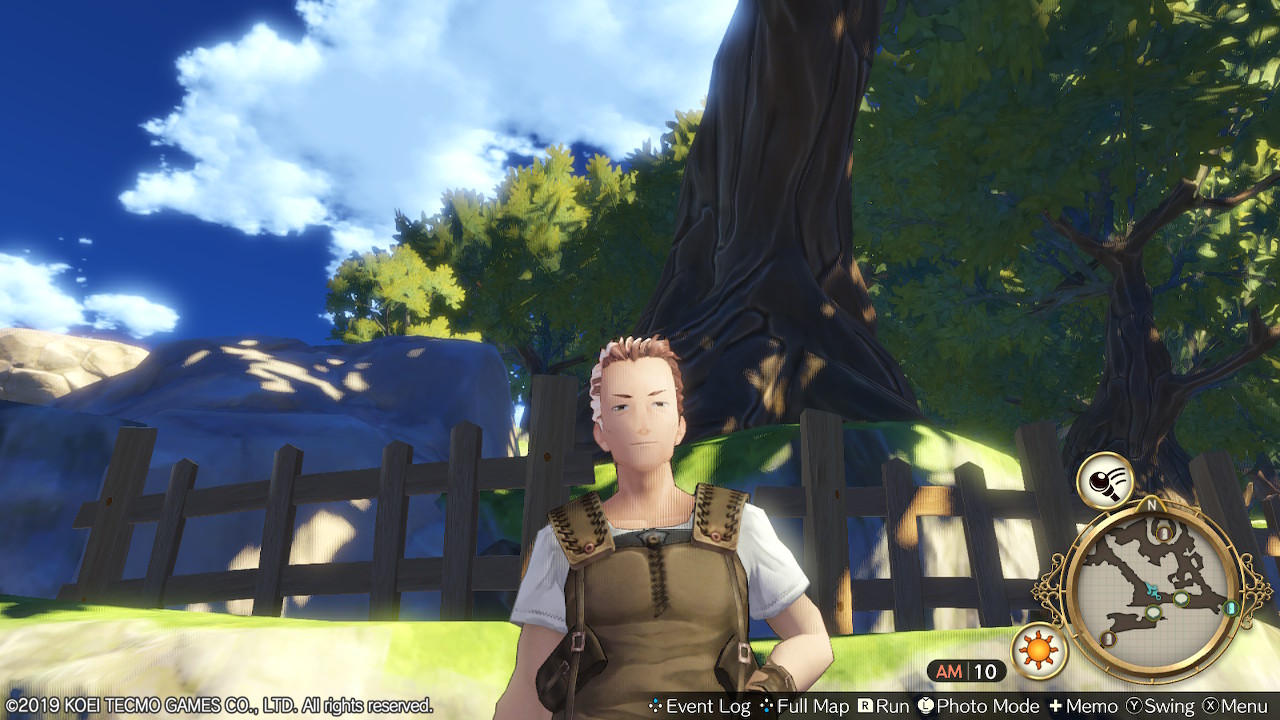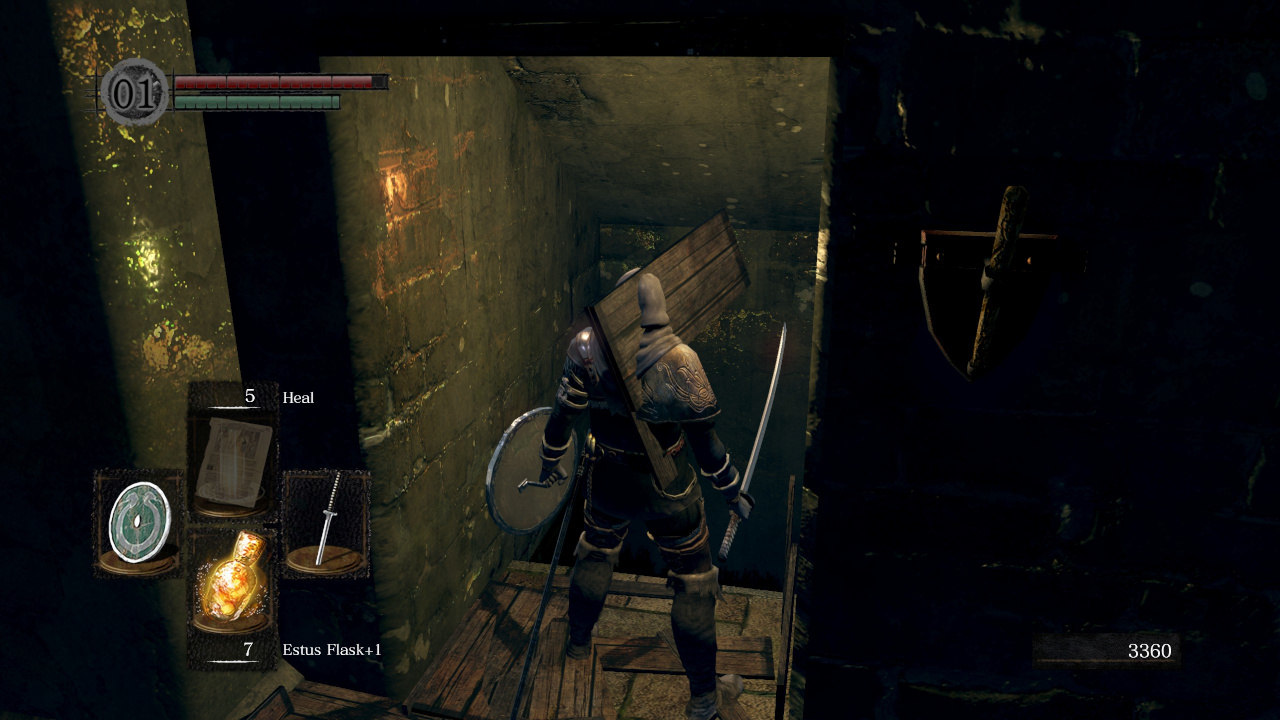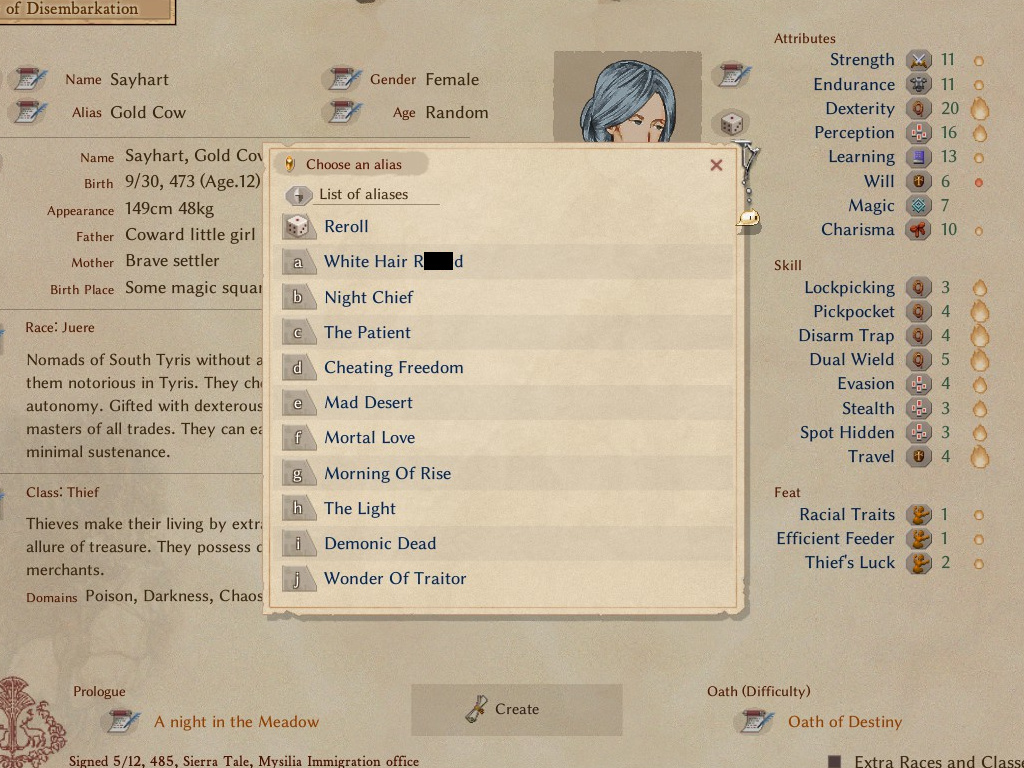What I've been doing (Nov. 2024)
November 05, 2024
Where I live, we've benefited in specific, measurable ways from voting Republicans out of state and local government. I probably wouldn't have health insurance now if not for that. But regardless of whether you feel like there's much point in the whole enterprise of voting when two dozen billionaire tyrants own the world, or in light of how US elections have been cooked since the country's inception, or as someone who lives in one of the 43 states where your presidential vote doesn't matter even a little, or as someone outside the US for whom the self-serving whims of US politicians are nevertheless a matter of life and death, maybe you need a distraction this election day. I do, so I finished this post about some things I've gotten into lately.
"The house preceded the universe"
I'm still thinking about games as an experience of space, and instead of looking for relevant games criticism like a sensible person, I dug into Gaston Bachelard's The Poetics of Space. Bachelard was one of those continental philosophers. You know the ones--he influenced Foucault and Derrida. But he had some compelling ideas, backed up by his readings of poetry, fiction, and visual art, about how our imaginations reflect the places where we spend our time.
Through poems, perhaps more than through recollections, we touch the ultimate poetic depth of the space of the house.
This being the case, if I were asked to name the chief benefit of the house, I should say: the house shelters daydreaming, the house protects the dreamer, the house allows one to dream in peace. (Ch. 1)
Come what may the house helps us to say: I will be an inhabitant of the world, in spite of the world. The problem is not only one of being, it is also a problem of energy and, consequently, of counter-energy.
In this dynamic rivalry between house and universe, we are far removed from any reference to simple geometrical forms. A house that has been experienced is not an inert box. Inhabited space transcends geometrical space. (Ch. 2)
In particular, if the house is a microcosmic universe of meaning ("a universe outside the universe," Bachelard says at one point), maybe this enables us to conceive of every image in this way. I'm not attached enough to psychoanalysis to want to think of this as a direct causal relationship, the effect of the home on a developing mind or whatever. But at least the way we invest inhabited space with all sorts of meaning can provide a model for how we might invest anything else with meaning.
[T]he spirit finds the nest of immensity in an object. (Ch. 8)
Poets will help us to discover within ourselves such joy in looking that sometimes, in the presence of a perfectly familiar object, we experience an extension of our intimate space. (Ch. 8)
Before getting totally lost in the metaphor here, I want to acknowledge that a video game isn't a place in the same way that the setting of a novel isn't a world. It's a picture drawn on a screen by a computer 60 or so times per second based on a bunch of math. But you can change the underlying math by pushing some buttons, and the question in my mind is how far play (or the resulting "mixed field of physical and virtual space," as this article puts it) gets us. Is the illusion strong enough that the game becomes something like a "corner" of the room?
[E]very corner in a house, every angle in a room, every inch of secluded space in which we like to hide, or withdraw into ourselves, is a symbol of solitude for the imagination; that is to say, it is the germ of a room, or of a house. (Ch. 6)
In any case Bachelard notes that "valorized space is a verb," a process of meaning expansion, and at this point it's practically cliche to refer to the actions a game makes available to you as its verbs. If the ideal "poetic space ... does not enclose us in affectivity," if the point is running toward an infinite horizon, maybe play, or the ubiquitous verb of navigating, pushing forward or clicking through, gets us closer to that.
You need a yellow supplement? I know how to do them

I've had the first Atelier Ryza game on Switch for a while, and in the interest of getting through the RPGs I own on that platform before the next one happens, I got around to playing it.
I'm not a committed fan of the Atelier games and not the best person to break down the things about them that work. But I've played a few before this, and one thing I appreciate about them is how they organize your trip through the fantasy world around something other than the standard DQ or FF quest. You do still end up fighting a lot of monsters, and this is the main thing all the crafting helps facilitate. And of course the crafting systems in these games look a lot less unique and impressive now than they did before every game had crafting in it. But these are stories about characters living in particular places, something you still don't see all that often in an RPG context, and the way Ryza only vaguely telegraphs a lot the main questline hooks, even relegating some of them to the quest log, makes me think the intended way of getting through it is accidentally triggering cutscenes while going about your normal business of gathering herbs or whatever.
The main nemesis being small-town conservatism is a good idea, though executed in a pretty equivocal way, and while a lot of the character writing gets the job done, it sometimes trips over its own feet. There's a domestic abuse situation that gets resolved, sort of, by the victim essentially leveling up enough that he has the HP to withstand it, which, having spent parts of my childhood in abusive situations, I find both very funny and very, you know, not. It's also a little strange that Ryza's parents keep bothering me about doing chores when I do not live here anymore, leave me the hell alone. Still, I'm interested in seeing where most of these characters end up.
The problem is I'm absolutely sick of looking at that crafting menu. I don't even think it's bad, it just makes me tired. Do not ask me to think about alchemy fibers again for a few more weeks at least.
I get Dark Souls now

Like a lot of people, I'd make it to the Capra Demon and decide I had no time for DS1. Which I still think is a fair decision to make. There are other ways to spend your limited time.
The notable thing about that fight isn't that it's hard, though, it's that it forces you to come to terms with how Dark Souls works. For a long time I thought these games were 3D Castlevania, but despite sitting within a lineage that includes a certain kind of 80s action-adventure game, your Castlevanias 2 and Rygars and Battles of Olympus, that's not exactly it. Dark Souls is 3D Donkey Kong, or take your pick of one-screen arcade puzzle platformer. It's about reading the room and determining where to put your feet. People compare it to a rhythm game; I'd say instead that it's a play except you don't know your part and have to either learn it from context or improvise. I realized I wasn't thinking about how to beat the Capra Demon or the dogs, I was thinking about how to beat the entire room, blocking out the whole performance of the fight in my head, and my first attempt at it afterward was a win.
I have to risk sounding combative or self-congratulatory here by saying that most people who like these games don't know how to articulate what's good about them. Or at least most pitches haven't done a great job of selling them to me. The idea that they're all about manual skill and the RPG stuff is secondary is totally false--you can treat DS1 like a build-making numbers game if you want, and engaging with all the systems it gives you for upgrading weapons etc. makes progressing through it much easier. Talking up the item descriptions as great writing seems extremely goofy from my perspective as a lore-hater, but there is sometimes clever storytelling happening in the way DS1 presents information, and the setting works very effectively as an interconnected gameworld. I've also been unfair re: how brown and gray it looks given that this stops being as true outside the starting areas. It's grim, I guess, but funnier and more cartoonish than you might assume, which for me is a massive point in its favor. There are some excellent nasty little freaks in there, even if some are not strictly little.
DS1 is in some ways, or at times, a triumph of design in which all the formally disparate elements that constitute a game work toward a unified effect. It's also janky well beyond the level that its reputation for tight design would lead you to expect. Enemies can attack you through walls or while facing the opposite direction, sometimes due to clear intent but often not; with certain weapons you can attack them through walls back. The idea of fighting rooms isn't always well-executed, particularly in the back third or so, when things start to fall apart a little. While dropping souls on death is a very minor punishment for failure, the inconsistent checkpointing and long death runs are the one real criticism you've probably heard about the game even if not paying much attention to it.
Basically it's an 8/10 game with the reputation of a 10/10 game. But I say this as someone who thinks 8/10 games are often more interesting conceptually and better able to target people's aesthetic strike zones than 10/10 games. Dark Souls isn't compelling because it's a flawless work of genius, it's compelling because it commits as hard as it does to some of its weirder elements. The thing that makes it interesting as a case study in game design is that it made a very strong argument for the enduring relevance of fairly narrow, curated experiences at a time when everybody was thinking about big open worlds and procgen, about two months before both Skyrim and the 1.0 release of Minecraft. It comes closest of any non-indie game I've played to recapturing the feeling of mystery in all those NES games that mainly got there through weird translations or lack of space on the cartridge for very much text to begin with.
Elin't

The free roguelike-adjacent game Elona occupies so much of my wheelhouse that I kind of regret not being able to recommend it in good conscience. It combines tense crawls through random dungeons and fiddly character-building with a fixed overworld and town interactions pretty clearly inspired by the 90s Ultima games. You can build a house, even. It's also afflicted with the ambient body odor of 00s conservative anime otaku "humor." Whether the slurs in the random name tables are a quirk of translation or entirely deliberate, the maintainers of the English patch for the active fork of the game haven't seen fit to remove them 18 years later, so if you want to avoid being jumpscared by a legendary slur weapon at the bottom of a dungeon, you have to edit the relevant spreadsheet yourself. You can technically play a trans character, but it's presented as a joke option, subject to an understanding of gender consistent with a mediocre shounen comedy manga from about 2002. And while I'm pretty good at ignoring some of the weirder tangents of otaku fetish stuff at this point, that's in there too.
I'm sorry but not that surprised to have to report that Elin, the long-awaited sequel to Elona, is likewise impossible to recommend. The alias spreadsheet is functionally the same, except this time you have to pay for the privilege of looking at randomly-generated ableist language. This being the case, I have no interest in shilling for it, so I guess it's fortunate that it's also a downgrade mechanically--the things I like about Elona are mostly in there in some form, but now they're buried under a tedious survival/crafting layer that exacerbates the common RPG problem of a disproportionately hard early game. With Caves of Qud 1.0 around the corner and Dwarf Fort adventure mode coming along, there are better ways to spend your time.
The rotation
The purpose of the Eggbug Memorial Rotator is to try to hang onto whatever it was about Cohost that encouraged people to do long posts about niche or specific interests. As explained here by Callie, who had the idea to do this, a "rotator" is a zine whose writers take turns editing issues of the thing. We're figuring out how this translates to a web format as we go, but ideally this would encourage diversity of topics on both the micro and macro levels.
For the first issue, I wrote about how you can listen to shortwave radio online and why you might want to. Basically this is a stealth explanation for a maybe inscrutable entry on my own links page.
Making stuff

I've been poking at this little project, mainly in RPG Maker, though I'm not convinced that's the right format for it. Maybe it doesn't need to be completely linear, but I'm also not sure it benefits much from a very gamey loop requiring you to do the same things over and over, however much it'd gain from letting you walk around an environment, and something more straightforward would make more sense in a different engine.
I had some ideas related to RPG Maker MV/MZ games on desktop essentially being Chromium browser windows showing you a webpage with a Javascript app embedded on it, and by extension letting you open more browser windows with arbitrary stuff in them--HTML, Twine games, Ren'Py games, really anything that runs in a web context. But given that web navigation wasn't the overall conceit to begin with, having focus taken away from the main window felt annoying and weird, and would kick you out of fullscreen if you were playing that way. If you want to try something similar, though, you can open windows from event script commands like this:
window.open("whatever.html");
This thread elaborates on different ways of doing this.
As to the thing itself, the characters above are about half the cast. Depending on what counts as a character, I guess. I made some other low-res assets for this that may end up on itch if I don't otherwise need them. In any other form there probably wouldn't be much pixel art involved.
Misc.
- At least we have Xenoblade X on Switch to look forward to
- Nothing in the Monster Hunter Wilds open beta felt as good as wirebugs, but it'll still be a good time as long as they can iron out some of the wrinkles involved in playing with your friends
- There's a new old Murakami and a new new Murakami, and while I remain on the fence about whether we should keep letting this dude write the same two novels over and over, I almost always enjoy reading those two novels